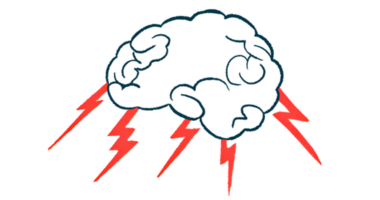Coffee’s Health Benefits May Include Reduced Risk for Parkinson’s Disease, Scientists Report

Coffee is one of the most consumed drinks in the world, with U.S. consumers spending an average of $40 billion on coffee per year. Its main component, caffeine, is a natural stimulant that has been long considered the fuel behind modern society’s workforce, with many relying on multiple cups of coffee throughout the day to stay alert and keep concentration at peak performance.
Coffee’s popularity has also put it in the middle of intense health research discussions, with thousands of articles and studies reporting on its many benefits — including in Parkinson’s disease.
While many studies swear by coffee’s benefits, medical researchers have also been on alert for caffeine’s mildly addictive stimulant and its effects on cardiovascular health. Harvard Medical Publications cites increased heart rate, increased blood pressure, and potential irregular heartbeat as possible consequences of coffee consumption. However, studies have been largely inconclusive and coffee’s potential health risks, which also include tremors and insomnia, are usually associated with excessive consumption — drinking too many cups.
Moderate coffee consumption, on the other hand, has shown consistent evidence in overall health benefits for consumers. Benefits include reduced risk for diabetes type 2, development of gallstones, development of colon cancer, improvement of cognitive activity, improved memory, reduction of risk of liver damage in people at high risk for liver disease, and reduced risk of Alzheimer’s disease, heart disease, and depression.
The effect of coffee consumption in the prevention of Parkinson’s disease has been the subject of many research studies, with highly regarded scientists reporting caffeine’s likely anti-Parkinson’s benefits.
Recently, a study published in Scientific Reports investigated the association between caffeine consumption and risk of developing Parkinson’s disease in patients with high and low genetic susceptibility for the disease. Hundreds of Chinese patients and healthy controls participated in the study, and the results suggested that caffeine’s protective effect is more evident in people with high susceptibility to the disease than in those with no inherent familial risk. This evidence suggests that caffeine could represent a possible new pharmacological approach to Parkinson’s prevention.
Despite the increase in promising evidence, it is important to remember that most data regarding coffee’s health benefits are observational and do not prove a direct cause, merely an association, as other factors may also be at play. Also, coffee is a rich beverage and it remains unclear which of its biologically active ingredients are the most beneficial.






